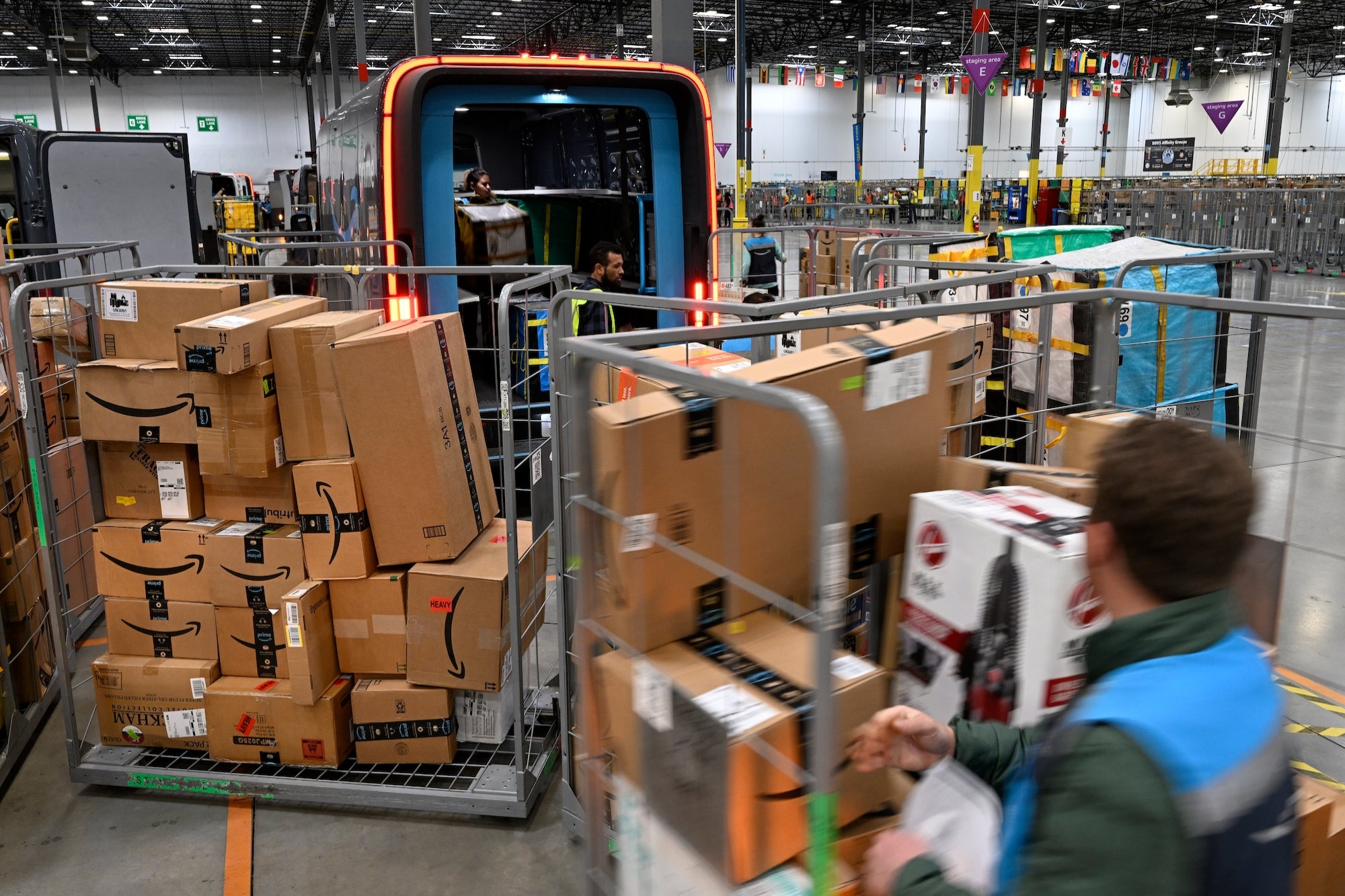Why Restaurants Depend on Location, Location, LocationZip codes, demographics and the local population will dictate the success of your establishment.
Opinions expressed by Entrepreneur contributors are their own.
Restaurants, as with any other commercial real estate consideration, depend onlocationas the primary driver for investment. Finding the right spot takes time, effort and due diligence to make sure you'll be in compliance with what the local zoning law will permit. Determining the optimum setting for your restaurant location will set the terms and parameters of your leasing rate, as well as the value of your property.
The following is a list of other determining factors that correlate to the importance of finding the perfect location for your franchised restaurant establishment. Thankfully, almost all restaurant franchisors are heavily involved in the site selection process to ensure that your new establishment will not only survive but thrive.
Related: Considering franchise ownership? Get started now and take this quiz to find yourpersonalized list of franchisesthat match your lifestyle, interests and budget.
Population & demographics
Restaurant franchises that offer site selection assistance often have their own set of stringent guidelines about where their establishments can be located. A great deal of these considerations depends on the local population and demographics – especially in the typical three to five-mile territory radius. These "site surveys'' can be cost-prohibitive for individuals, but are well worth the investment for franchises. They take into account the local population's age, gender, education level, household income and family status which, when compiled into a report, will provide the restaurant owner with a detailed cross-section of the consumers who live within the territory. When broken down further, customer profiles, or personas, can be developed to reflect the key target market.
Types & styles
The type of dining establishment will reveal the value placed on location and whether or not it's positioned for success. Let's compare quick-service restaurants (QSRs) versus fine dining establishments. The QSR target market is interested in good food that's served fast and cheap – their premium is on price andconvenience. By that logic, a location adjacent to a college campus could be ideal, whereas a zip code with an affluent, older generation would be more suitable for fine diners. In either case, it's important to secure a prominent location, parking and good ingress and egress onto the property. Having visibility and a decent site line is also crucial. As they say, "out of sight, out of mind" – set up shop where you'll easily be noticed.
Related:6 Trending Restaurant Franchise Opportunities You Don't Want to Miss
Keeping an eye on the (direct) competition
In determining the best location for a franchised restaurant, proprietors should hope to find a neighborhood location without any direct competition. We don't mean restaurants in general, but if you're opening aPizza Factoryfranchise, you'd like to avoid having a Little Caesar's in the same shopping center. Your franchisor typically won't let you walk into a bad situation like this, but it's not unheard of in prime real estate areas. One trend that continues to gain popularity is the grouping of restaurants and bars in condensed entertainment districts. See if the developers in your area have keyed in on this proposition, then you can determine if your restaurant concept offers consumers with a unique dining experience in a high-traffic area.
When your location is wherever you want it to be
There are a couple of restaurant-related franchise concepts that don't depend on finding the perfect location, adjacent to your target market, and without any direct competition. In fact, the perfect restaurant location can be anywhere if you buy into a mobile, catering, delivery or ghost kitchen franchise. You'll need to investigate how these operations are permitted in your area, but these four options do come with fewer overall risks.
The restaurant industry suffered greatly during the pandemic, as public health concerns forced establishments to evolve and adapt overnight. As much as 10% of all restaurants in the U.S. were unable to stay profitable, but there's evidence that this industry is bouncing back in a robust fashion. You can witness this in the ways the very business model is changing. It's an exciting time for restaurantfranchisees, so investigate the business models that appeal to your inner restaurateur, and make sure you find the perfect spot to set up shop.
Related:How to Evaluate the ROI and Profitability of a Restaurant Franchise











